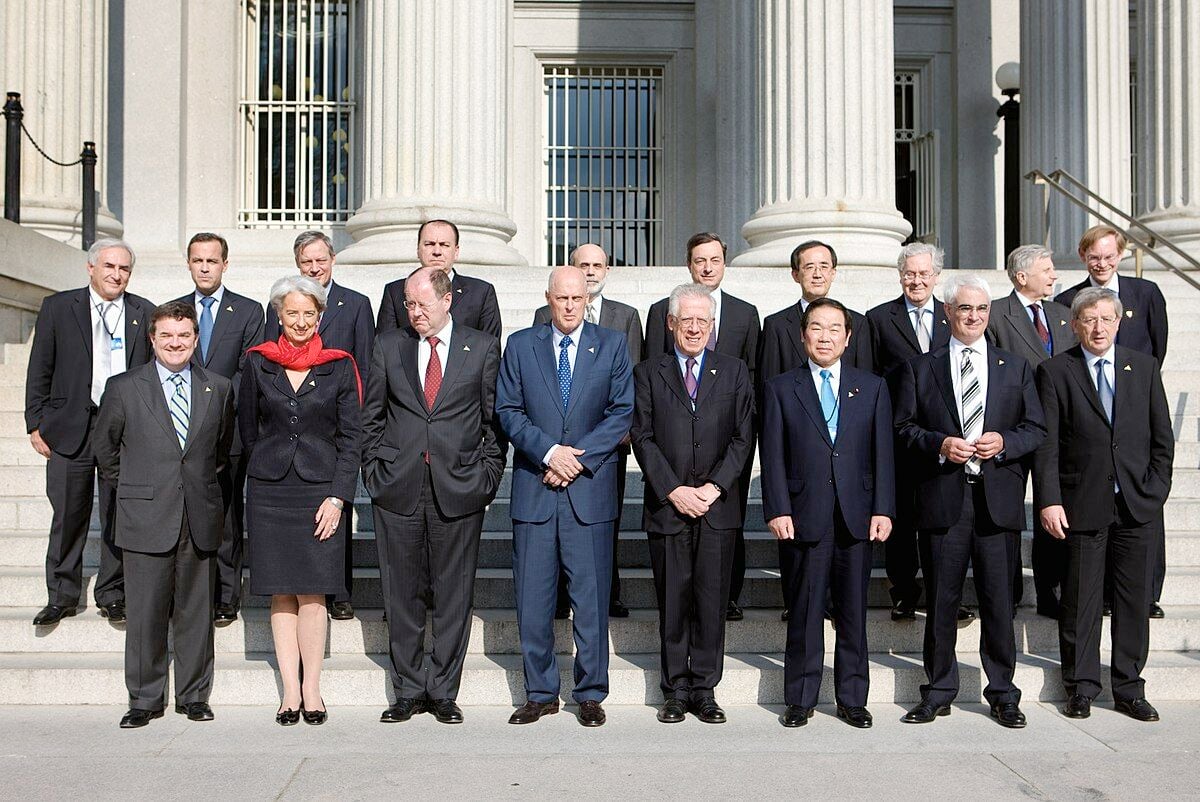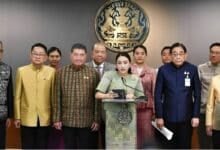G7 finance leaders gather amid US debt ceiling standoff and recession fears

A standoff over raising the US debt ceiling overshadowed a meeting of Group of Seven (G7) finance leaders, heightening US recession fears as central banks seek a soft landing for the global economy. President Joe Biden recently urged Republican lawmakers to move quickly to raise the limit on the government’s permitted borrowing from the current US$31.4 trillion or risk throwing the world’s biggest economy into recession.
Treasury Secretary Janet Yellen was expected to face questions from her G7 counterparts, meeting in the Japanese city of Niigata, on how Washington intends to prevent turbulence in financial markets, which have been jittery after the recent failure of several US banks. The US debt crisis is a significant issue for Japan, which is this year’s G7 chair and the world’s biggest holder of US debt.
Japan’s top financial diplomat, Masato Kanda, mentioned earlier that the G7 finance leaders might discuss the US debt ceiling but likely would not explicitly mention it in a joint statement at the end of the meeting.
Global economic risks, including stubbornly high inflation and the fallout from aggressive US and European interest rate increases, will likely be among key topics of debate for the G7 finance ministers and central bankers. As rapid rate hikes by the Federal Reserve weighed on the US economy, recent data has shown signs of weakness in China, the world’s second-largest economy.
China’s consumer prices rose at the slowest pace in over two years in April, while factory gate deflation deepened. This data has dashed policymakers’ hopes that a rebound in the country’s demand would support global growth.
Other key themes to be discussed at the G7 finance gathering include ways to strengthen the global financial system and steps to prevent Russia from circumventing sanctions over its invasion of Ukraine. Yellen stated that the United States and a broad coalition of other countries had provided significant economic, security, and humanitarian assistance to Ukraine while using sanctions and export controls to impose heavy economic costs on Russia.
Past US debt ceiling disputes have typically ended with a hastily arranged agreement in the eleventh hour, avoiding an unprecedented default. In 2011, the scramble prompted a historic downgrade of the United States’ top-notch credit rating. Veterans of that battle warn the current situation is riskier because political divides have widened.
Back then, the G7 finance leaders said in a statement that they were “committed to addressing the tensions stemming from the current challenges on our fiscal deficits, debt, and growth,” reports Channel News Asia.
Latest Thailand News
Follow The Thaiger on Google News:
































